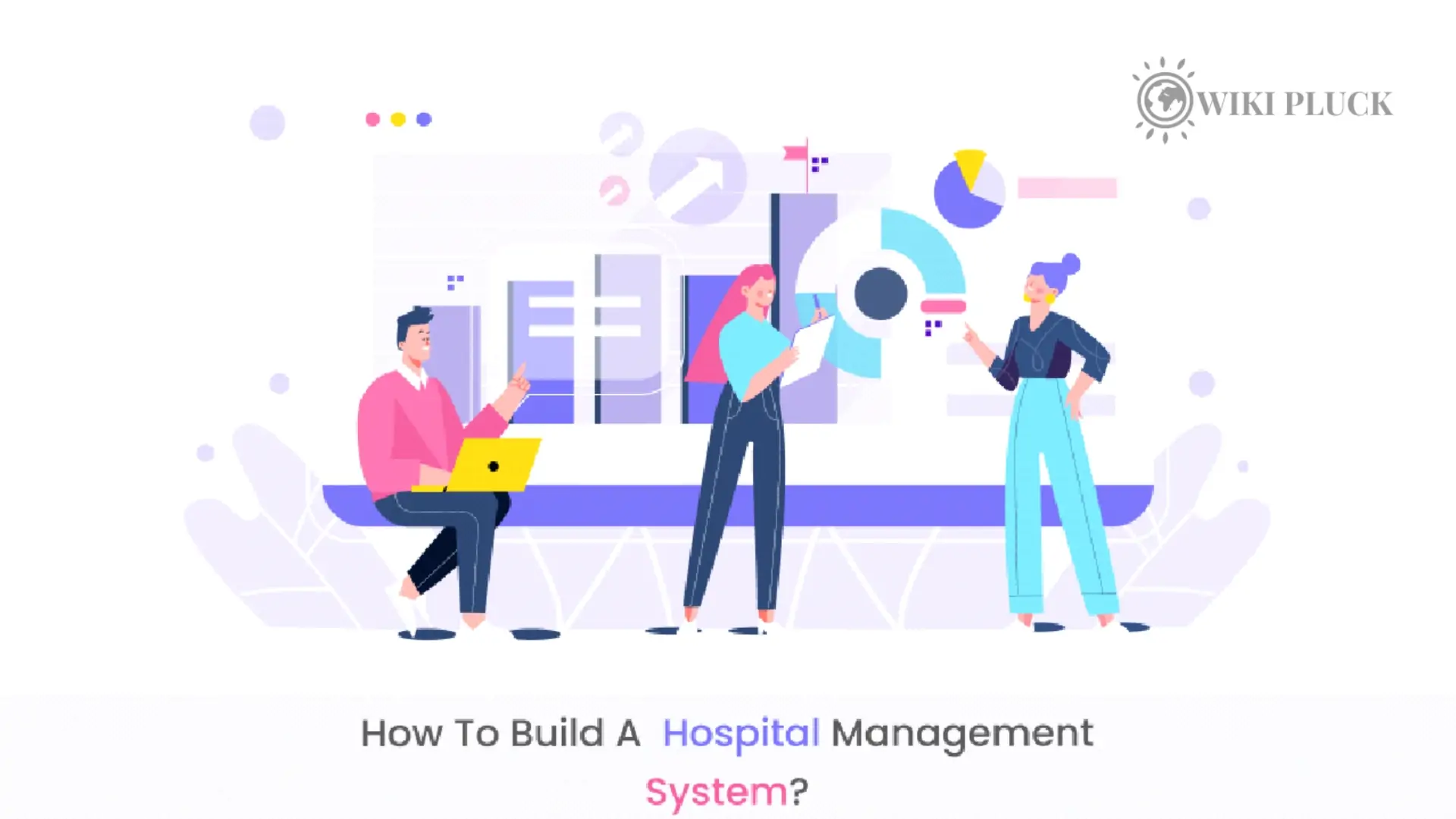Introduction
For hospitals, as well as other healthcare institutions, a Hospital Management System (HMS), works similarly as a digital helper. It allows them to manage all their bills, appointments, and patient records in a single place.
Imagine if any of the hospital’s patient data, appointment schedules, and billing information had been stored in one huge, organized digital file cabinet available to every employee.
That’s what an HMS does; it simplifies procedures and simplifies the duties of healthcare employees. Doctors may set up appointments without disputes, collect patient information fast, and generate the right bills with the support of an HMS.
This reduces errors along with saving time. In addition, because every bit of it is digitally saved money, exchanging crucial information with other medical professionals as needed has never been easier.
What is an HMS?
A computer system termed a Hospital Management System (HMS), also known as a Clinic Management System, helps medical facilities manage several facets of their company.
This includes clinical duties like maintaining electronic medical records, financial tasks like billing and invoicing, and office duties like patient registration and appointment scheduling.
An HMS improves efficiency, reduces paperwork, and promotes greater teamwork by centralizing these duties. In addition, it enables safe access to information about patients and improves decision-making.
When everything is considered, an HMS, or clinic management system, is required for modern medical facilities to effectively deliver high-quality care.
Also Read: Why Every Healthcare Organization Needs A Metadata Repository
Why do Hospitals need them?
For plenty of crucial reasons, institutions need Hospital Information Management System (HIMS)
First of all else, these tools ease the back-end processes such as billing, appointment scheduling, and patient registration. Hospital management system modules can reduce paperwork, prevent errors, and improve overall efficiency by automating these processes. Improved outcomes come from healthcare staff having the capacity to dedicate longer to patient care.
Second, HMS enables improved budgeting of hospital management systems in India. The system makes certain the hospital’s financial processes are smooth by handling insurance claims, generating invoices, and maintaining track of payments. The hospital’s growth and sustainability depend on this.
Thirdly, therapies, test results, and medical histories have been centrally stored in patient records because of HMS. It makes it attainable for healthcare providers to quickly acquire updated information and decide on treatment for patients with knowledge.
Better communication among members of a healthcare team leads to better-coordinated care. In addition, hospital queue management systems, which help hospitals simplify patient lines, cut down on wait times, and enhance patient satisfaction generally, can be included in HMS features.
What can an HMS do?
A hospital’s digital brain is identical to its Hospital Management Systems In Healthcare. It conducts a wide range all tasks to keep the hospital running smoothly.
First of all, it simplifies the handling of patient information, including health records, payments, and appointments.
Second, an HMS may efficiently set up appointments, reducing waiting times and ensuring quick patient exams. In addition, it could alert patients about their appointments, which reduces the amount of no-shows.
Hospitals may profit from using an HMS by having additional equipment and medication available to treat patients. To answer queries on the experiment and results, it might also interact with lab systems.
When everything is taken into account, hospitals require an HMS that can assist them in improving patient care, simplifying procedures, and preserving regulatory compliance.
The ones that follow are some important HMS operations:
- Handling Patients and Scheduling Appointments
- Invoicing and Billing
- Control of inventory
- Laboratory Information System (LIS) in Electronic Medical Records (EMR)
- Finance Management
- Reporting and Analytics in Staff Management Integration with Other Systems
Choosing the right HMS
To operate properly and provide outstanding treatment, hospitals have to choose an appropriate Hospital Management System Online. Staff, nurses, and patients should all be capable of accessing the system without any help or instruction if it has a user-friendly interface.
Electronic medical records (EMR), appointment scheduling, billing, and patient management are among the many of the electronic functions that the company needs. In addition, customization is essential because it allows the HMS to adapt to the specific needs and regulations of the medical facility.
Electronic health record (EHR) systems belong to those which have to be linked for information to flow correctly. Scalability is a prerequisite for the HMS to grow to satisfy the requirements of the organization.
Security is the primary worry, and the HMS has to have strong security processes in place to protect patient data and comply with regulations.
Another thing to consider is cost-effectiveness, that takes into consideration both upfront outlay and ongoing maintenance expenses. You must choose a reputable vendor with an established history of providing excellent HMS solutions and supportive customer support.
Also Read: Why Is Human-assisted Data Collection Critical For AI/ML Training
Conclusion
In summary, hospital management systems, or HMS, are important tools in the delivery of modern healthcare because they offer an array of advantages to medical facilities.
Hospital operations have been transformed by these advances in technology, that reduce the administration and efficiently handle information about patients, appointments, billing, and inventory.
HMS enables enhanced decision-making and improved patient outcomes by centralizing data and automating workflows. Furthermore, the HMS promotes seamless interaction among members of a patient’s healthcare team, promoting collaboration as well as coordination in the delivery of therapy.
Hospitals may grow and adapt to changing requirements due to their scalability, while robust safety measures protect personal patient data and ensure compliance with privacy regulations.
As the driving force behind WikiPluck, I am dedicated to curating and sharing insightful knowledge across a spectrum of subjects. From technology trends to Business advice, WikiPluck strives to be a go-to resource for those seeking to enhance their understanding and make informed decisions.
Join me on this journey of discovery and enlightenment as we pluck the gems of wisdom from the vast landscape of knowledge.

